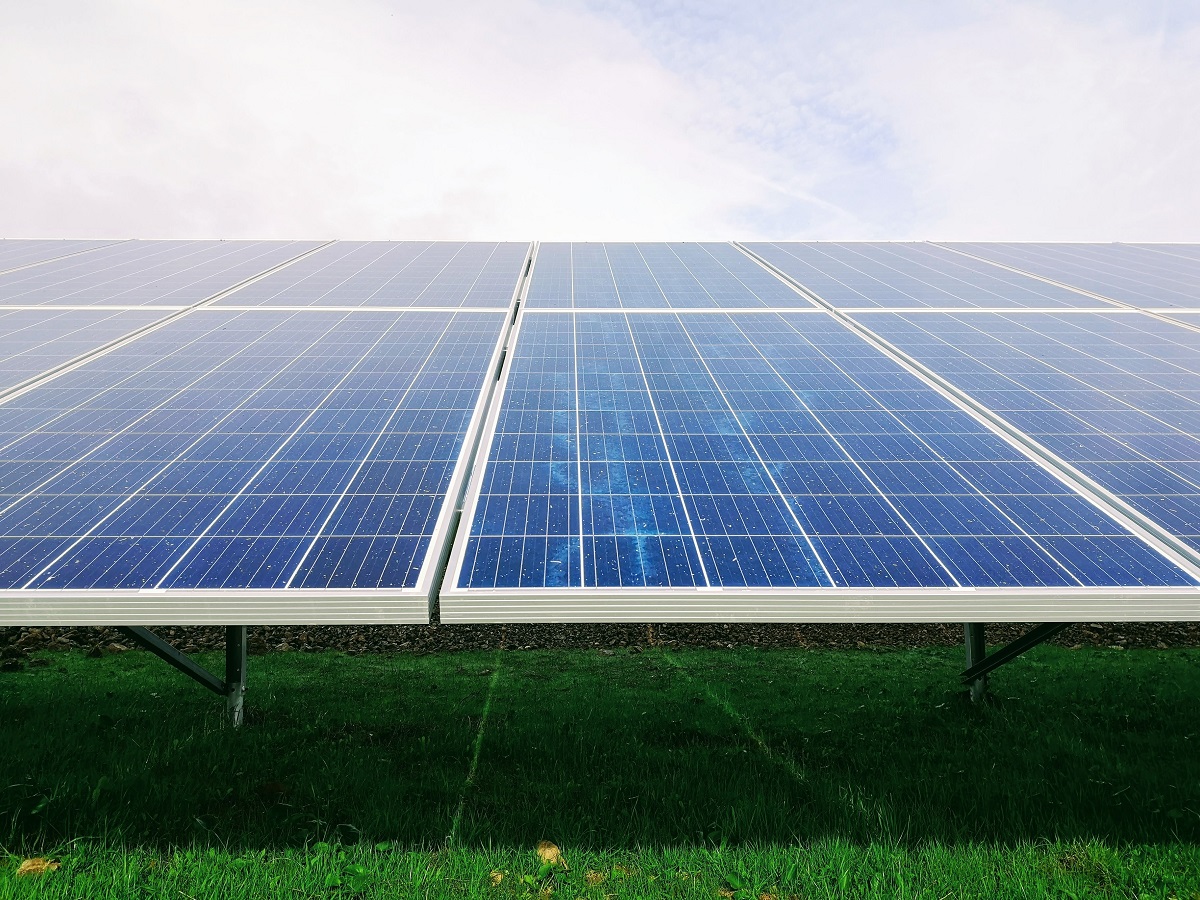Solar panels may be installed on your roof, on a piece of land, or pretty much anyplace they are attached to anything substantial. However, there are only so many solid areas in which to put them. To combat climate change, our power mix will need a significant increase in renewable energy systems to replace fossil fuels. Many people in the solar sector are seeking a new location for solar panels, potentially floating on water, Popular Science writes.
Floating solar farms have been operating for more than a decade, but water-bound panels have become far more popular in recent years. The fundamental concept is to connect solar panels to plastic floats that will float on a body of water. To avoid interfering with plant and animal species that dwell in natural bodies of water, these floating solar arrays are often put on man-made bodies of water—a town’s water reservoir, an irrigation reservoir, or a water treatment facility. The biggest floating solar farm in the United States, for example, is located on a wastewater pond in California and has a capacity of roughly five megawatts.
Despite the fact that the floating solar business is predicted to develop rapidly over the next decade, just around 2% of this year’s new solar installations are water-bound.
Rebecca Hernandez, an associate professor of earth system science and ecology at the University of California, Davis, has been researching the advantages and possible environmental implications of floating solar. “In many situations, it’s land-saving,” Hernandez tells Popular Science. “We discovered that three of the locations we were looking at had purposefully sited floating solar on water because they ran out of land.”
According to Hernandez, another advantage of floating solar is the natural cooling impact of water. According to Hernandez, solar panels perform more effectively in lower temperatures due to the evaporative cooling impact of water. When liquid evaporates as vapor, it zaps heat away from surface water, further chilling it. It is projected that floating solar will be up to 15% more efficient than land-based solar.
According to Hernandez, the environmental effects of floating solar are still a bit of a mystery. She adds that the plastic floats on which the panels are mounted have the potential to disintegrate over time and adversely effect a body of water, but additional study is required.

